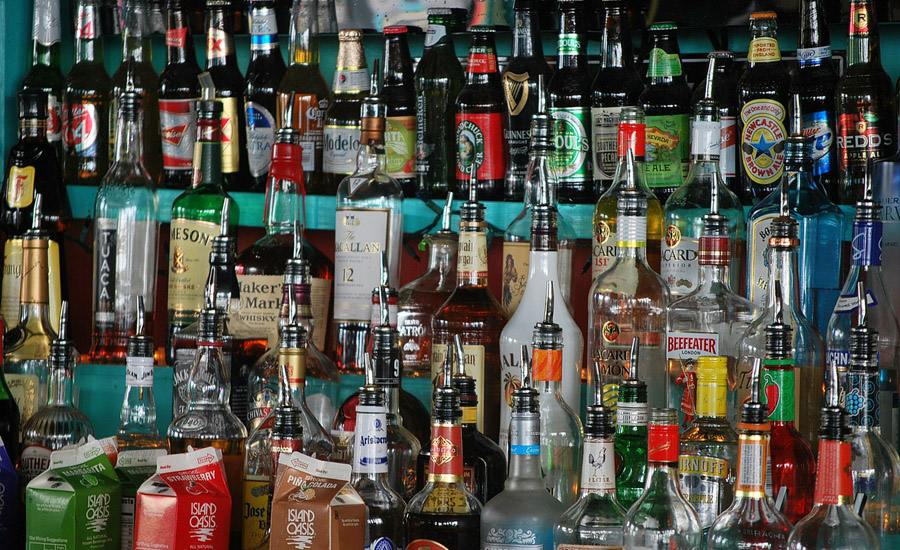Alcohol leaving you sluggish and foggy?

It’s an automatic reaction after a hard week at work…
Friday comes around and after a hard week you sit on the couch and pop the cork on a bottle of wine to help you relax into your weekend.
This happens every Friday night.
Before you know it, after the end of each hard day you are rewarding yourself with a couple of glasses of wine while cooking dinner.
Within a blink of an eye, you’ve created a habit where you are harming your health and draining your engagement at work.
You know this. Actually, you can’t quite pinpoint when a weekly habit became a daily one.
Although, in your mind it doesn’t matter. You deserve it after a tough day at work.
No matter how good grapes are for you, it’s always better to eat a grape than to sip a bottle of them each night. It doesn’t matter how smooth that bottle of Pinot Noir from Margaret River is, does it?
The point is, each night drinking one or two glasses of wine means you end up drinking the whole bottle. You can’t leave the bottle half-empty, can you?
The next day guilt creeps in. The newly formed habit has now affected your blood pressure, cholesterol, energy, mood, confidence, problem-solving abilities at work and it’s so much harder to get over the issues with team conflict and managing stress…
It’s time to exchange this behaviour for a healthier one. In other words: Find another way to deal with stress at night rather than popping open another bottle!
It’s all about uncovering why you, personally, would like to leave that bottle sealed and start relieving stress in better ways.
Sure, you’ve heard the stories on the news about car crashes involving alcohol (surely it can’t relate to you… you are drinking at home and won’t be driving anywhere….). This isn’t a life-changing motivator.
In fact, you are probably thinking you don’t really have a problem. After all, the noise in the media talks about alcoholics who are violent and can’t control their consumption. You aren’t one of “them,” are you?
If you want to change your behaviour, it needs to be generated intrinsically. That means you need to really want it for you. Not because it’s what society/your partner/colleagues expect of you.
The motivation has to be life changing.
What are the things that are meaningful to you? If you were to reduce your alcohol intake, would the following cues have real meaning for you? If there’s meaning for you then you’ll have more desire to change your habit.
- Waking up clear and alert.
- Feeling more energy throughout the day.
- Having a sense of control over evening snacking. (Much easier to do when you aren’t fuelled with alcohol!)
- Being energised from sober, restful sleep.
- Gaining the skills to deal with stressful people and projects at work.
- Being confident enough to have awkward conversations that will ultimately enhance your life instead of stuffing emotions with alcohol each night.
- Finding stress-relieving activities that you enjoys (like mindfulness).
- Being a good role model
With these methods, you are really taking the edge off – for good. Not just until next time when you sit on the couch to pop open another bottle of wine. The tools and skills mentioned above are things built into your life that can easily be used to push yourself to get beyond the evening cravings and look forward to each day.
Doing this, you’ll also grow as a person. Your health will improve. You’ll be preventing other diseases in the future. Other areas of your life will be affected too. You’ll become a better spouse, parent, friend, co-worker, employee, role model, leader, and manager
Source: Safety and Wellness Solutions, www.workwellnesscoach.com/blog/alcohol
Looking for a reprint of this article?
From high-res PDFs to custom plaques, order your copy today!






